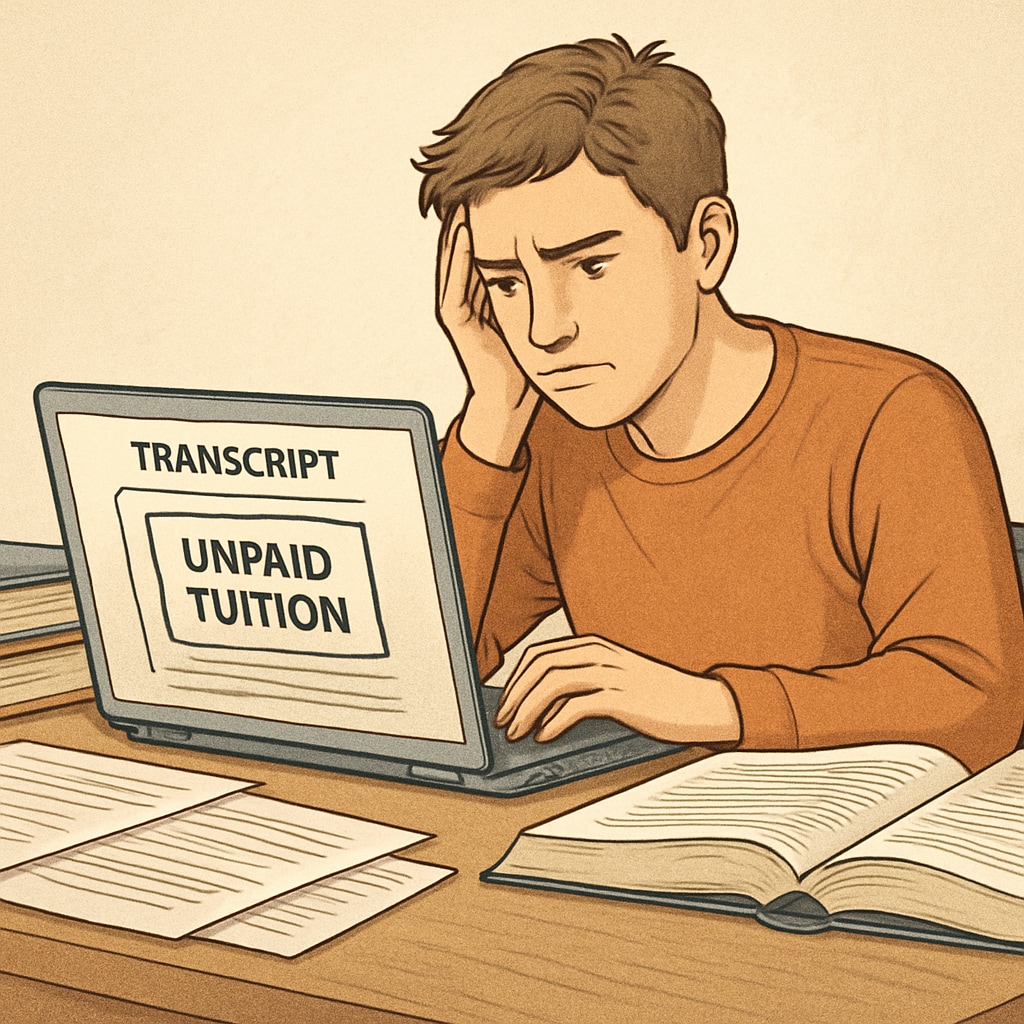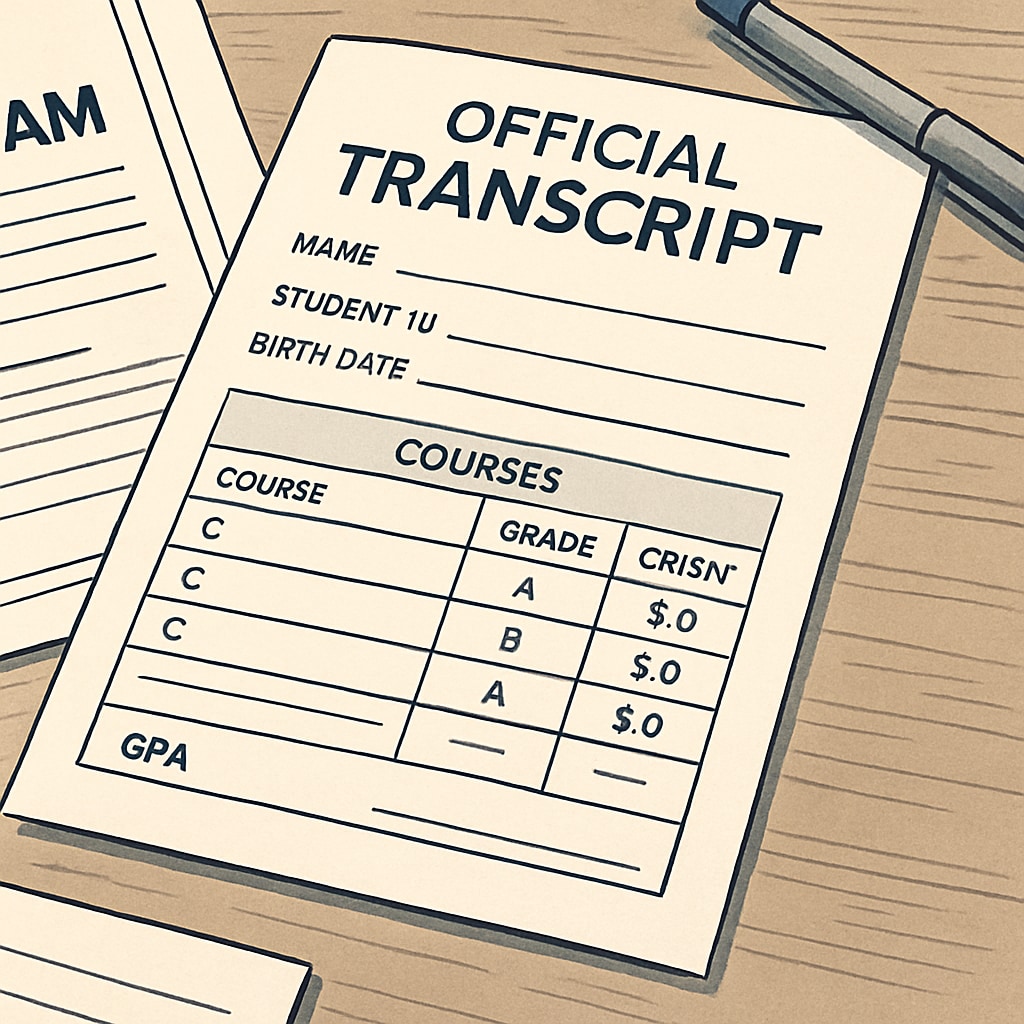Many parents and students face challenges when trying to obtain a transcript while their tuition balance remains unpaid. This issue often becomes critical when applying for professional exams or pursuing further education. In this article, we explore the legal framework surrounding transcript access, examine practical solutions, and provide guidance to help families address this challenging situation effectively.
Understanding the Legal Framework for Transcript Access
First, it is essential to understand the laws governing transcript access. In many countries, including the United States, schools and educational institutions have the right to withhold transcripts if a student has outstanding tuition balances. However, this practice must align with national or state-specific education laws.
For example, in the U.S., withholding a transcript due to unpaid tuition is generally legal, but some states, like California, prohibit this practice in certain circumstances. According to Britannica’s overview of education law, these regulations often aim to balance financial accountability with students’ rights to pursue further opportunities.

Practical Solutions for Accessing Transcripts
While navigating this issue, families can explore several practical options:
- Negotiate a Payment Plan: Many schools are willing to release transcripts if parents or students agree to a structured repayment plan for the outstanding balance.
- Seek Financial Assistance: Local charities or student aid programs may offer emergency financial assistance to cover unpaid balances.
- Request Partial Access: In some cases, schools may provide an unofficial transcript or documentation necessary for professional exam applications.
- Legal Recourse: If you believe your school’s policy violates state or national regulations, consulting an education lawyer may be beneficial.
These strategies can help facilitate access to essential documents without violating school policies or legal agreements. However, it’s crucial to approach the institution respectfully and with a clear plan of action.
How This Affects Professional Exam Applications
When applying for professional exams, such as college entrance tests or licensure assessments, an official transcript is often a mandatory requirement. The inability to provide this document can delay or even block your child’s application. Therefore, addressing unpaid balances proactively is critical.
In addition, some examination boards may accept alternative forms of documentation, such as a letter from the school verifying academic credentials. Parents should contact the board directly to inquire about exceptions or alternative submission methods. For more information on professional exam policies, resources like Wikipedia’s education system entry can provide valuable insights.

In conclusion, while unpaid tuition can present significant obstacles, understanding your rights, exploring available options, and communicating effectively with your child’s school can lead to a resolution. By taking proactive steps, parents and students can navigate this challenging situation and ensure that academic and professional goals remain on track.
Readability guidance: Use short paragraphs and lists to summarize key points. Ensure smooth transitions between sections using words like “however,” “therefore,” and “for example.” Focus on actionable advice and maintain a professional tone throughout the article.


